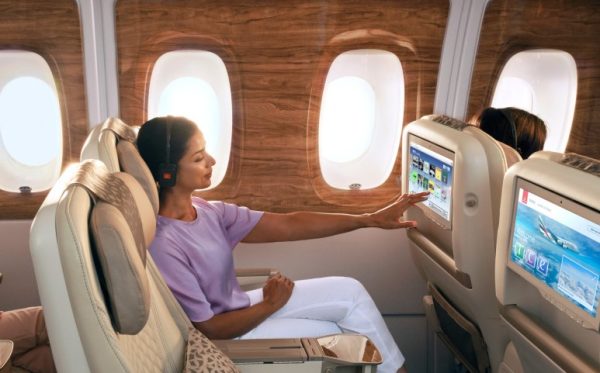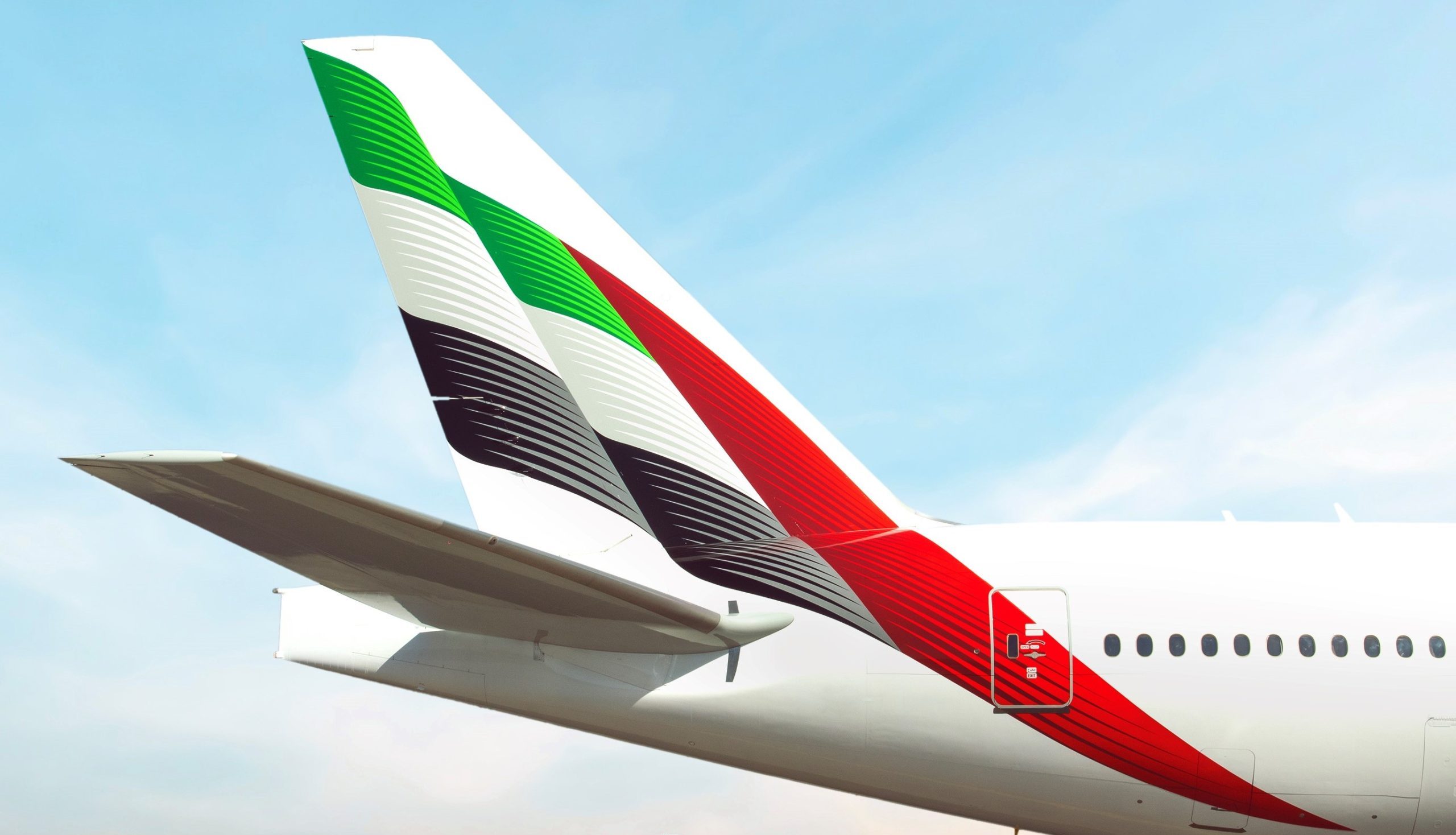SINGAPORE, 13 January 2025: Emirates has embarked on an inspiring journey to officially become the world’s first Autism Certified Airline, inviting customers with autism and sensory sensitivities to experience Emirates’ seamless services and personalised hospitality, making travel more accessible for all.
The inaugural designation is set to be formally awarded by the International Board of Credentialing and Continuing Education Standards (IBCCES) in the coming months when more than 30,000 Emirates cabin crew and ground staff will have completed the initial training. Emirates also plans to roll out new standards and services that will improve the on ground and inflight travel experience for both customers on the autism spectrum and their families and companions, to be announced later in the year.

Accessible Travel for all
For many members of the global autism community, international air travel is a highly challenging experience or something to be avoided entirely due to the high level of sensory stimuli that can be involved.
A survey on AutismTravel.com revealed that 78% of families are hesitant to travel or visit new locations and that 94% of respondents would take more vacations if they had access to places where staff are autism-trained and certified. As part of Emirates’ mission to make travel more inclusive and accessible for all, this significant step also supports Dubai’s ambition to become the most accessible destination in the world.
What is the Autism Certified Airline™ designation?
Driven by its commitment to creating a welcoming travel experience for all customers, including individuals with autism and those with sensory sensitivities, Emirates worked collaboratively with IBCCES, a leading organisation in autism and neurodiversity training and certification, to conduct an onsite review and comprehensive audit.
As part of a vast research endeavour, IBCCES surveyed more than 14,000 people with a variety of disabilities, including people with autism, those with sensory sensitivities and their families and caregivers. The survey data was collated alongside numerous interviews, an International Air Transport Association (IATA) industry survey, and feedback from 1,200 industry professionals – helping develop the most beneficial standards for passengers and airline staff. In addition to the feedback collated, IBCCES experts conducted several Emirates flight audits on long and short-haul routes.
The collation of detailed data ensured input from key stakeholders including the lived experiences of people with autism, global thought leaders, industry professionals and healthcare experts – combined to create new industry standards that accommodate passengers with autism and sensory sensitivities during air travel. Using a data-driven approach, Emirates and IBCCES partnered to create a new blueprint for serving passengers with accessibility requirements, encompassing the entire journey – from ground services to in-flight services. Emirates will lead the way in bringing these new standards into practice in aviation for the first time. The thorough certification process includes ensuring that at least 80% of customer-facing staff complete the dedicated training and a commitment to ongoing training and improvements.
As part of the designation, Emirates’ ground staff and cabin crew will undertake new, focused training on autism and sensory awareness to equip them with the understanding and skills to address the needs of travellers with autism and sensory sensitivities, along with their families. The training educates Emirates’ teams on the spectrum of autism, misconceptions and challenges faced, the myriad ways to assist customers dependent on their needs, and potential stimuli and triggers that staff should be aware of. The new training builds on the foundations established by the Emirates ‘Introduction to Autism and Hidden Disabilities training, completed by 23,000 staff in 2023.
Emirates’ new standards and services for customers with autism
Throughout 2025, Emirates will be introducing new standards and services for customers with autism and sensory conditions that will ensure more enjoyable and accessible travel. One such service is the introduction of ‘sensory guides’ – digital aids developed as part of the audit conducted by IBCCES in collaboration with Emirates that empower travellers to make informed decisions about the various environments encountered and plan what suits their needs and preferences. The guides were created by conducting comprehensive facilities audits across Dubai locations and the inflight experience, measuring sensory inputs in public areas such as sound levels, lighting, and potential sights and smells. Another development expected in 2025 will introduce neurodiverse sensory products for customers on Emirates flights – sensory fidget toys or aids that can encourage focus, help to reduce self-stimulatory behaviour and help to de-stress.For bookings and airline information, visit www.emirates.com.








